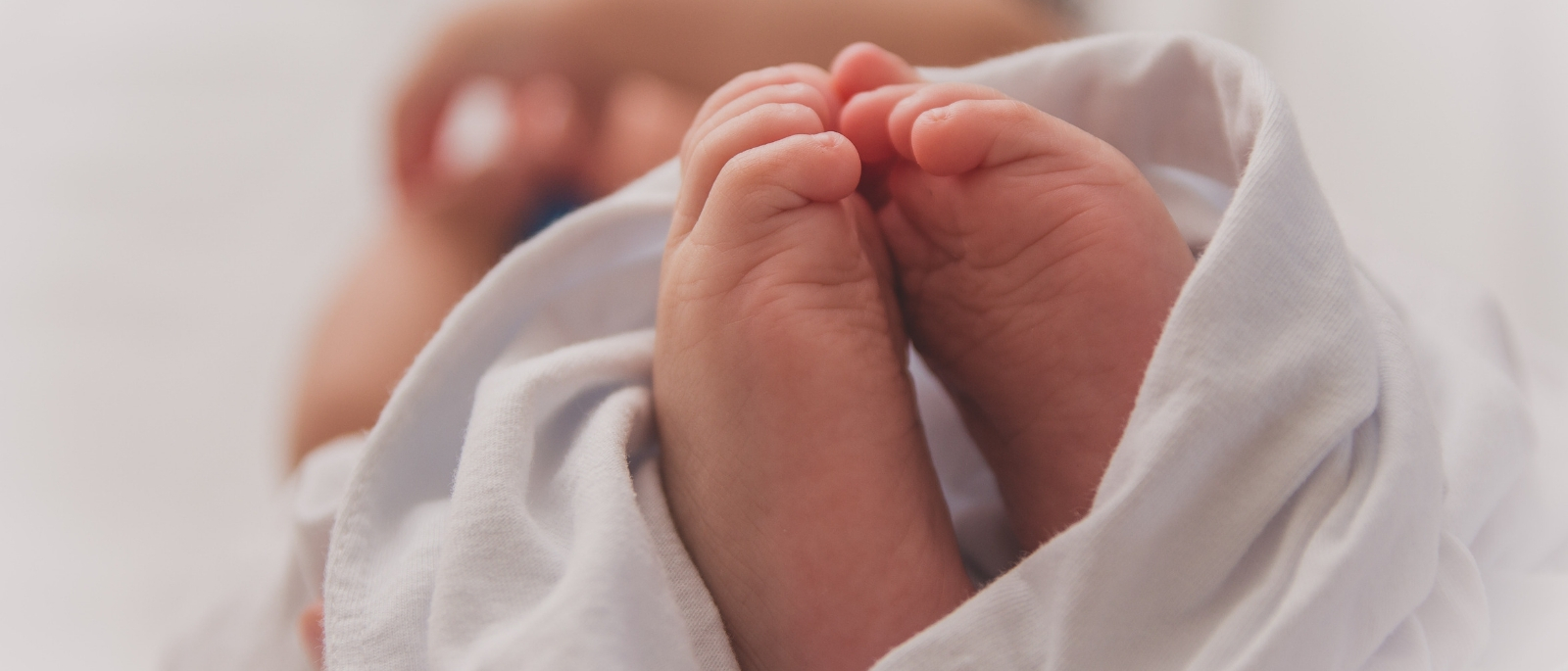After the birth you will be offered screening for baby. Most babies are healthy and won’t have any of the conditions. However if you baby does have a health problem the benefits of screening tests and early treatment can improve the health of your baby.
The screening tests are quick and simple and will not harm your baby in any way. It is recommended to have these tests, but you can decline them.

The NHS Newborn and Infant Physical Examination (NIPE)
NIPE screens your baby to see if he/she has any problems with their eyes, heart, hips and, in boys the testicles (testes). NIPE screens newborn babies within 72 hours of birth this may be done by the midwife or doctor and then once again between 6 to 8 weeks – this is usually performed by the GP.
Hearing Screening
Hearing screening aims to identify moderate, severe and profound deafness and hearing impairment in newborn babies. Early identification of hearing impairment gives children a better chance of developing speech and language skills, and of making the most of social and emotional interaction from an early age.
More information about the Newborn Hearing Screening Programme
Newborn Blood Spot Screening
Also known as the 'heel prick test', its aim is to find out if the baby has one of nine rare but serious health conditions. Most babies screened won't have any of these conditions but, for the few who do, early treatment can improve their health and prevent severe disability, and even death.
- Sickle cell disease
- Cystic fibrosis
- Congenital hypothyroidism
- 6 inherited metabolic diseases
For more information on antenatal and newborn screening, please read the NHS booklet -
Screening Tests For You and Your Baby: Description in Brief
Contact us for more information
Midwives can also help and offer information on all these screening tests.
The Screening Team are here to help and support you:
Call us on 01482 382737 (weekdays only from 8.00am – 4.00pm)

